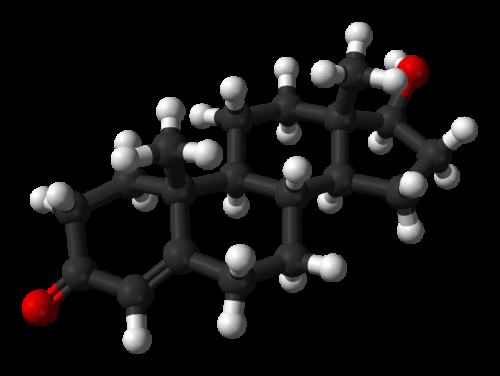
Men with erectile dysfunction have a higher risk of death, regardless of their testosterone levels, suggests a study accepted for presentation at ENDO 2020, the Endocrine Society’s annual meeting, and publication in a special supplemental section of the Journal of the Endocrine Society.
“As both vascular disease and low testosterone levels can influence erectile function, sexual symptoms can be an early sign for increased cardiovascular risk and mortality,” said lead researcher Leen Antonio, M.D., Ph.D., of KU Leuven-University Hospitals in Belgium.
Low testosterone levels have been linked to a higher risk of death in middle-aged and older men, but results from large studies are inconsistent, Antonio said. Studies have also linked sexual dysfunction with mortality in older men.
The new study used data from the European Male Ageing Study (EMAS), a large observational study that was designed to investigate age-related hormonal changes and a broad range of health outcomes in elderly men. The researchers analyzed data from 1,913 participants in five medical centers. They analyzed the relationship between their hormone measurements and sexual function at the beginning of the study, and whether they were still alive more than 12 years later.
During the average follow-up period of 12.4 years, 483 men—25 percent—died. In men with normal total testosterone levels, the presence of sexual symptoms, particularly erectile dysfunction, increased the risk of death by 51 percent compared with men without these symptoms.
Men with low total testosterone levels and sexual symptoms had a higher risk of death compared with men with normal testosterone levels and no sexual symptoms.
Men with erectile dysfunction, poor morning erections and low libido had a higher mortality risk compared to men with no sexual symptoms. In men with these three sexual symptoms, the risk of dying was almost 1.8 times higher compared to men without symptoms. In men with just erectile dysfunction, the risk of dying was 1.4 times higher compared to men without erectile dysfunction.
Source: Read Full Article
